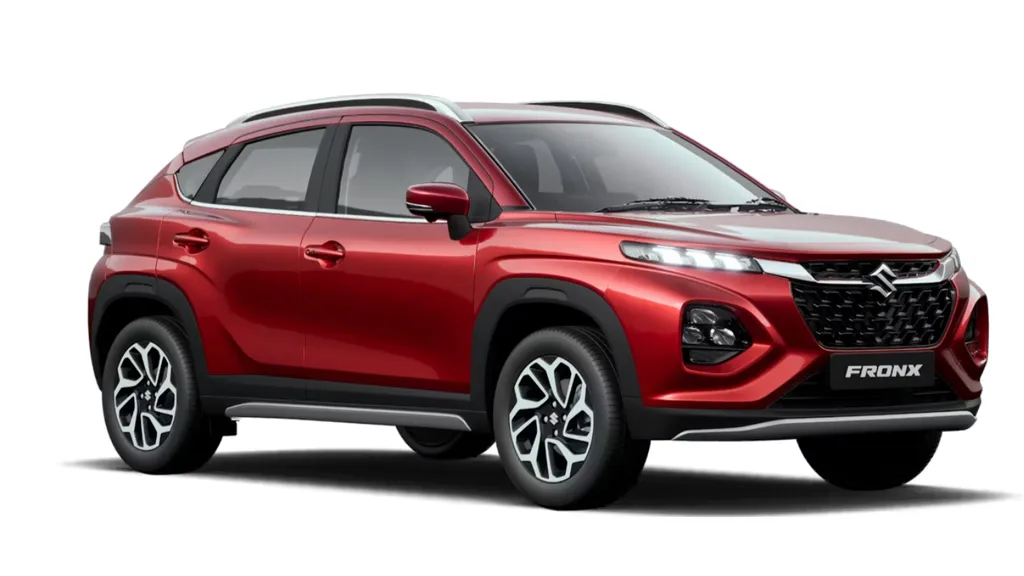The FASTag system has revolutionized toll collection in India by enabling cashless, contactless payments at toll plazas. To make highway travel even more seamless for frequent users, the National Highways Authority of India (NHAI) introduced the FASTag Annual Toll Pass. This prepaid subscription helps users save money and time, especially for commercial vehicles and daily commuters.
What is a FASTag Annual Toll Pass?
A FASTag Annual Toll Pass is a prepaid plan offered by NHAI that allows vehicles to make unlimited or discounted toll transactions on selected routes for a fixed yearly fee. It is particularly useful for frequent intercity travelers, fleet owners, and commercial transporters.
Key Features
- Validity: The FASTag Annual Toll Pass is valid for one year from the date of activation.
- Coverage: It applies to selected stretches, routes, or specific regional toll plazas as designated by the NHAI.
- Vehicle Types: Although primarily designed for commercial vehicles, it is also available for private cars on certain routes.
- Recharge Options: Users can recharge or renew their pass online via the NHAI website, MyFASTag App, or through associated bank portals.
- Discounts: This pass offers significant savings, often ranging from 50% to 70% compared to paying tolls individually for each trip.
Types of FASTag Passes
- Local Annual Passes:
- For users residing near toll plazas who make frequent short-distance commutes. Example: commuters within 20 km of a toll plaza.
- Route-Specific Annual Passes:
- Ideal for fleet operators using fixed routes. E.g., Delhi–Agra Expressway, Mumbai–Pune Expressway.
- Multi-Axle Vehicle Passes:
- Custom pricing based on the number of axles—commonly used by trucks, buses, and tankers.
Pricing Details
While the pricing of the FASTag Annual Toll Pass varies based on location and vehicle type, here’s a general overview:
- Car/SUV: For local plaza routes, the annual pass typically costs between ₹275 and ₹500.
- Light Commercial Vehicle: For regional routes, the cost ranges from ₹2,000 to ₹3,500 per year.
- Heavy Vehicle (Multi-axle): For interstate routes, the annual pass may cost anywhere between ₹10,000 and ₹25,000.
Note: These prices are indicative and may slightly vary depending on NHAI updates and agreements with local toll operators.
How to Apply for FASTag Annual Toll Pass
- Visit the NHAI website or MyFASTag app.
- Select your toll plaza or route.
- Choose your vehicle type and input registration details.
- Make payment and activate your pass.
Alternatively, you can apply through authorized banks and wallet partners like:
- ICICI Bank FASTag
- HDFC Bank FASTag
- Axis Bank FASTag
- Paytm FASTag
- Airtel Payments Bank FASTag
Benefits
- Cost Savings: Save up to 70% annually compared to daily tolls.
- Time Efficiency: Skip queues with automatic deduction.
- Transparency: Get detailed transaction history.
- Business Optimization: Ideal for logistics and transport operators.
Competitors & Alternatives
While NHAI FASTag is the standard, several banks and fintechs offer custom FASTag plans, such as:
ProviderSpecialtyPaytm FASTagQuick recharge, wallet integrationICICI FASTagFleet management toolsIDFC First BankGood for large transport companiesPark+ FASTagAggregated pass management with added features
Challenges and Considerations
- Limited Availability: Annual passes are not valid on all routes.
- Route Restrictions: Some passes only work between fixed points.
- Price Variations: Not standardized across India.
- Renewal Hassles: Manual renewal each year.
Future of FASTag Annual Toll Pass
The NHAI aims to integrate GPS-based tolling systems (like the pilot in Madhya Pradesh), which might eventually phase out fixed-route passes in favor of distance-based tolling. However, until then, the FASTag Annual Pass remains an efficient choice for regular road users.
Conclusion
The FASTag Annual Toll Pass is a smart investment for regular travelers and commercial operators. With increasing digitization and highway expansion, it is shaping the future of road mobility in India. Whether you're a daily commuter or manage a fleet of trucks, understanding and leveraging this system can lead to both time and cost efficiencies.






























